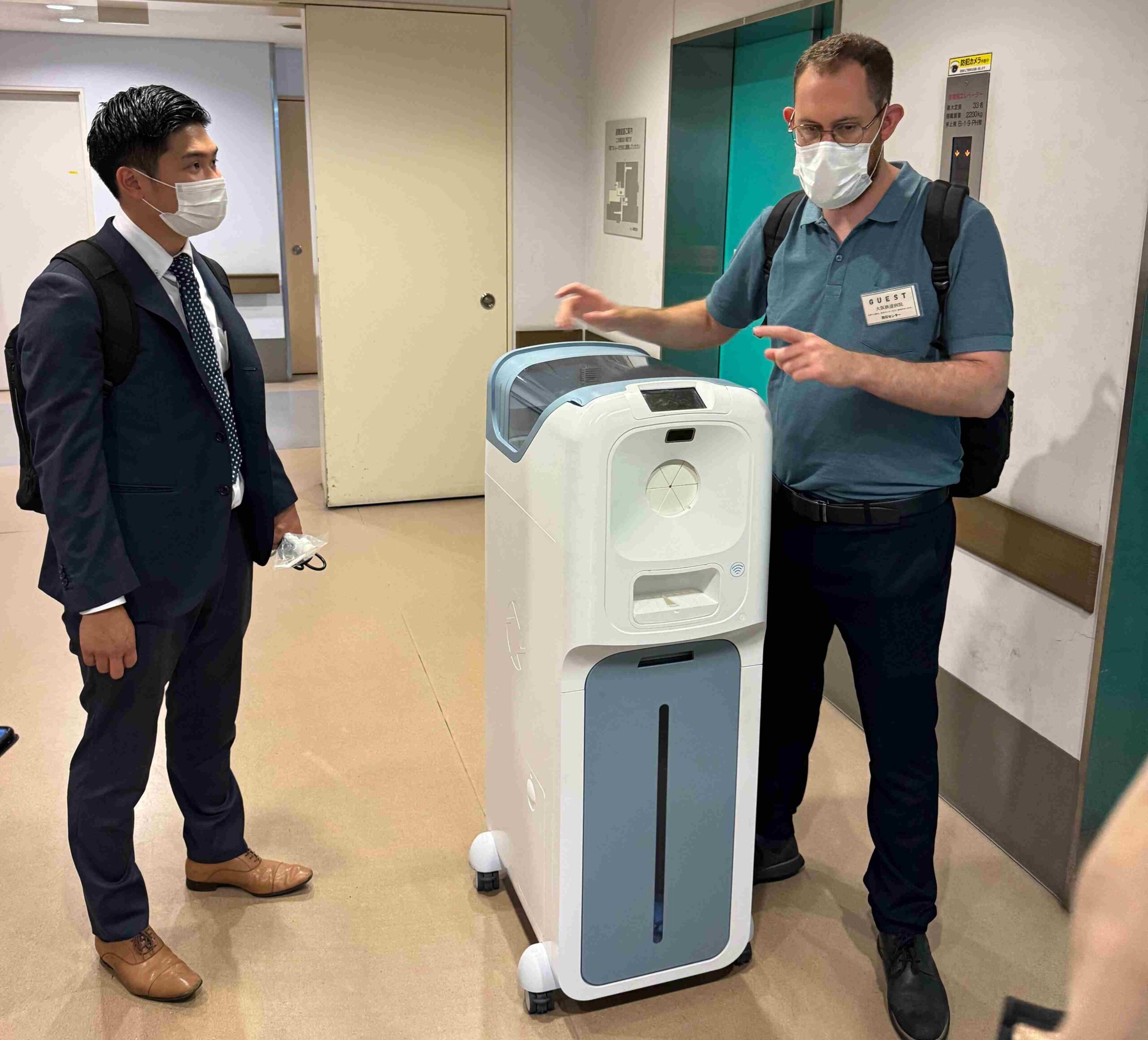Nitrile gloves have gained widespread popularity not only in healthcare but also in a variety of other industries that require robust protection for workers’ hands. These gloves are essential in food processing, laboratories, airports, and public areas due to their superior durability, comfort, and resistance to a wide range of chemicals and hazards. As industries continue to adopt higher standards of hygiene and safety, nitrile exam gloves have emerged as the preferred choice.
The Benefits of Nitrile Gloves in the Industrial and Service Sectors
Nitrile gloves offer several significant advantages over traditional gloves made from latex or vinyl, making them the go-to solution in many non-medical environments:
-
Chemical Resistance:
Nitrile is highly resistant to chemicals, oils, and other hazardous substances. This property makes nitrile gloves ideal for use in industries such as cleaning, food processing, and chemical manufacturing, where workers are exposed to substances that can damage the skin.
-
Puncture Resistance:
One of the key strengths of nitrile is its puncture resistance, which is superior to latex. In industrial settings where sharp tools and rough materials are common, nitrile gloves provide a critical layer of protection.
-
Durability for Long Shifts:
Workers in sectors like airports and retail facilities often need to wear gloves for extended periods. Nitrile gloves offer a comfortable fit, are easy to put on and take off, and maintain their integrity even during long shifts. Their snug fit also provides the necessary dexterity for handling small objects and performing detailed tasks.
-
Allergy-Free:
Unlike latex gloves, which can cause allergic reactions, nitrile is hypoallergenic. This makes nitrile gloves the preferred choice for environments where multiple people use gloves and there is a need to avoid allergic responses.
The Expanding Role of Nitrile Gloves Outside Healthcare
While nitrile gloves are indispensable in medical settings, their use is expanding into a variety of industries. Their unique properties make them suitable for applications far beyond healthcare. For example:
-
Food Processing:
In food production and service, gloves must meet stringent hygiene standards. Nitrile gloves are an excellent option due to their resistance to oils and fats, commonly encountered in food preparation. They also prevent cross-contamination between different food types, helping businesses maintain high safety standards.
-
Cleaning and Sanitation:
Cleaning professionals often come into contact with harsh chemicals that can damage the skin. Nitrile gloves provide superior protection against chemical burns and skin irritation, making them an essential tool in janitorial and sanitation services.
-
Airports and Public Areas:
In airports and other public spaces, the gloves are used by security personnel, cleaning crews, and maintenance staff to ensure hygiene and safety. These environments see high foot traffic, making nitrile gloves essential for maintaining cleanliness and preventing the spread of germs.
-
Laboratories and Research Facilities:
In labs, where handling hazardous substances is routine, the gloves are favored due to their high chemical resistance and the protection they provide against exposure to harmful materials.
Nitrile Gloves and Environmental Concerns
One challenge with gloves is that, like other disposable gloves, they contribute to waste. However, the glove industry is increasingly focusing on making nitrile gloves more environmentally friendly. Many manufacturers are developing recyclable gloves and exploring sustainable production practices to reduce the environmental footprint of glove use in high-demand industries.
IGIN’s Contribution to Nitrile Glove Solutions
One company that is making a significant impact in the nitrile glove market is IGIN. While IGIN’s core focus lies in the development of innovative glove dispensing technologies, they also contribute to solving problems related to glove waste and efficiency. IGIN’s systems are designed to streamline the process of donning gloves in high-demand environments like airports, food & retail facilities, and public areas. These solutions ensure that nitrile gloves are dispensed efficiently, reducing waste and improving accessibility.
IGIN has conducted research to show that traditional glove boxes can increase cross-contamination risks when left open or handled by multiple people. Their advanced solutions, which include automated glove machines, help combat these issues by providing controlled, hygienic access to gloves in various industrial settings.
Conclusion: Nitrile Gloves Beyond Healthcare
Nitrile gloves have proven their versatility and effectiveness across numerous industries, from food processing to airports and research facilities. Their chemical resistance, durability, and comfort make them a reliable choice for ensuring worker safety in a wide range of environments. As industries continue to prioritize hygiene, safety, and environmental responsibility, nitrile gloves will play a crucial role in meeting these needs. Businesses looking for high-quality, protective gloves that meet modern safety standards will continue to rely on nitrile as the preferred solution.



